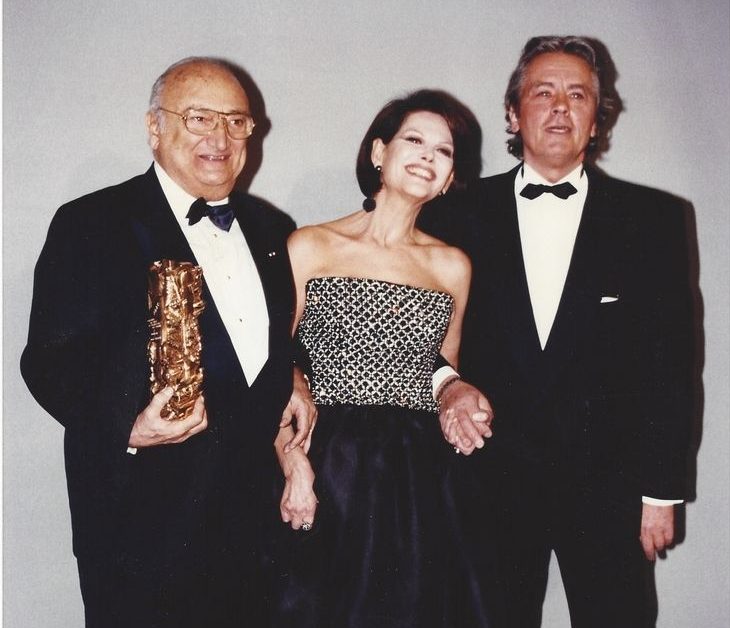Henri Verneuil was born Ashot Malakian (???? ????????) on October 15, 1920, in Rodosto (today Tekirda?) in the Ottoman Empire. In 1924, when he was a small child, his family fled to Marseille, France, to escape persecution following the Armenian Genocide. He grew up there, where his family rebuilt their lives in a new land.
He entered the École Nationale d’Arts et Métiers in Aix-en-Provence in 1942. After graduation, Verneuil worked as a journalist and later became editor of Horizon Armenian magazine before fully devoting himself to cinema. Over time, he distinguished himself not only as a film director but also as a screenwriter and playwright, known for combining craftsmanship with emotional storytelling.
In 1947, Verneuil convinced the famed French actor Fernandel to appear in his first film — an extraordinary breakthrough for a young, unknown director of Armenian origin. By 1951, he directed his debut feature, the black comedy La Table aux crevés, followed by Forbidden Fruit (1952), based on a Georges Simenon novel, which brought him critical acclaim.
Across a prolific career from the 1950s through the 1990s, Verneuil made films in the “tradition of quality” that combined emotional depth, elegant craft, and commercial appeal. He was known for collaborating with many of France’s greatest stars — Jean Gabin, Fernandel, Alain Delon, Jean-Paul Belmondo, Lino Ventura, Omar Sharif, Claudia Cardinale, Yves Montand, and Michèle Morgan. Almost every major figure of French cinema appeared in his films at least once — even Louis de Funès had a small role.
Among his most acclaimed works are Un singe en hiver (1962), Mélodie en sous-sol / Any Number Can Win (1963), Le Clan des Siciliens / The Sicilian Clan (1969), Le Corps de mon ennemi (1976), Peur sur la ville (1975), and I… comme Icare (1979). After a successful period working in Hollywood — earning the nickname “the most American of French directors” — Verneuil returned to France in 1969, where his artistry reached new heights.
In 1985, he published the deeply personal memoir Mayrig (“Mother”), which he dedicated to his mother. Six years later, in 1991, he brought Mayrig to life on film, starring Claudia Cardinale and Omar Sharif, followed by its autobiographical sequel 588, rue Paradis (1992). The duology tells the story of an Armenian family who, after the 1915 genocide, build a life in France — bringing the Armenian immigrant experience to French popular cinema with rare intimacy and emotional depth.
Throughout his remarkable career, Verneuil was nominated for the Academy Award and the Palme d’Or, and won numerous honors, including the Locarno International Film Festival Prize, the Edgar Allan Poe Award, the Golden Globe Award, the Grand Prize of the French National Academy of Cinema, the French Legion of Honor, and an Honorary César in 1996. In 2000, he was elected to the Académie des Beaux-Arts, cementing his place among France’s most revered artists.
Henri Verneuil passed away on January 11, 2002, in Bagnolet, a suburb of Paris. He left behind a body of work that married popular appeal with cultural truth — bridging art, memory, and identity.
In 2010, the Golden Apricot International Film Festival in Yerevan opened with a tribute to Verneuil. His son, Patrick Malakian, a television director who reclaimed the family’s ancestral name, accepted the Parajanov’s Thaler Award posthumously for his father’s contribution to cinema.
Mayrig and 588, rue Paradis remain enduring love letters to family, memory, and survival — proof that cinema can carry a people’s story across generations.
#HenriVerneuil #AshotMalakian #OnThisDay #ArmenianHeritage #FrenchCinema #Mayrig #588RueParadis #ZartonkMedia
Follow @ZartonkMedia, your home for all things Armenian. ??


